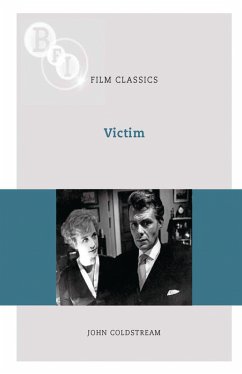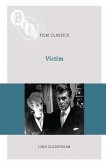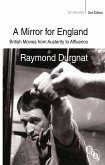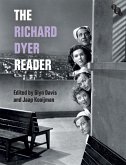Victim (1961) was a landmark in the history both of the cinema and of British society. This modest black-and-white thriller, produced by Michael Relph and directed by Basil Dearden, tackled explicitly the existing law governing homosexual offences, and in doing so eased the path towards partial decriminalisation in 1967. It was also a key moment in the life of its star, Dirk Bogarde, who, despite the risk to his box-office appeal, seized upon the role of a compromised barrister. In doing so, he shed the mantle of matinée idol and soon afterwards embarked on a more fulfilling career in the intellectual cinema.
John Coldstream's intimate study of Victim examines in detail the background to the production, focusing especially on the relationship between the film-makers, the screenwriters and the censor, John Trevelyan, whose participation at the script stage was crucial to its development. Half a century after its original release, one looks in vain to find Victim in the spasmodic surveys dedicated to identifying the greatest films of all time. However, as Coldstream argues, its recognition as a classic is more than justified by the vital contribution it made to gay cultural history and by its status as 'a movie that mattered'.
John Coldstream's intimate study of Victim examines in detail the background to the production, focusing especially on the relationship between the film-makers, the screenwriters and the censor, John Trevelyan, whose participation at the script stage was crucial to its development. Half a century after its original release, one looks in vain to find Victim in the spasmodic surveys dedicated to identifying the greatest films of all time. However, as Coldstream argues, its recognition as a classic is more than justified by the vital contribution it made to gay cultural history and by its status as 'a movie that mattered'.









